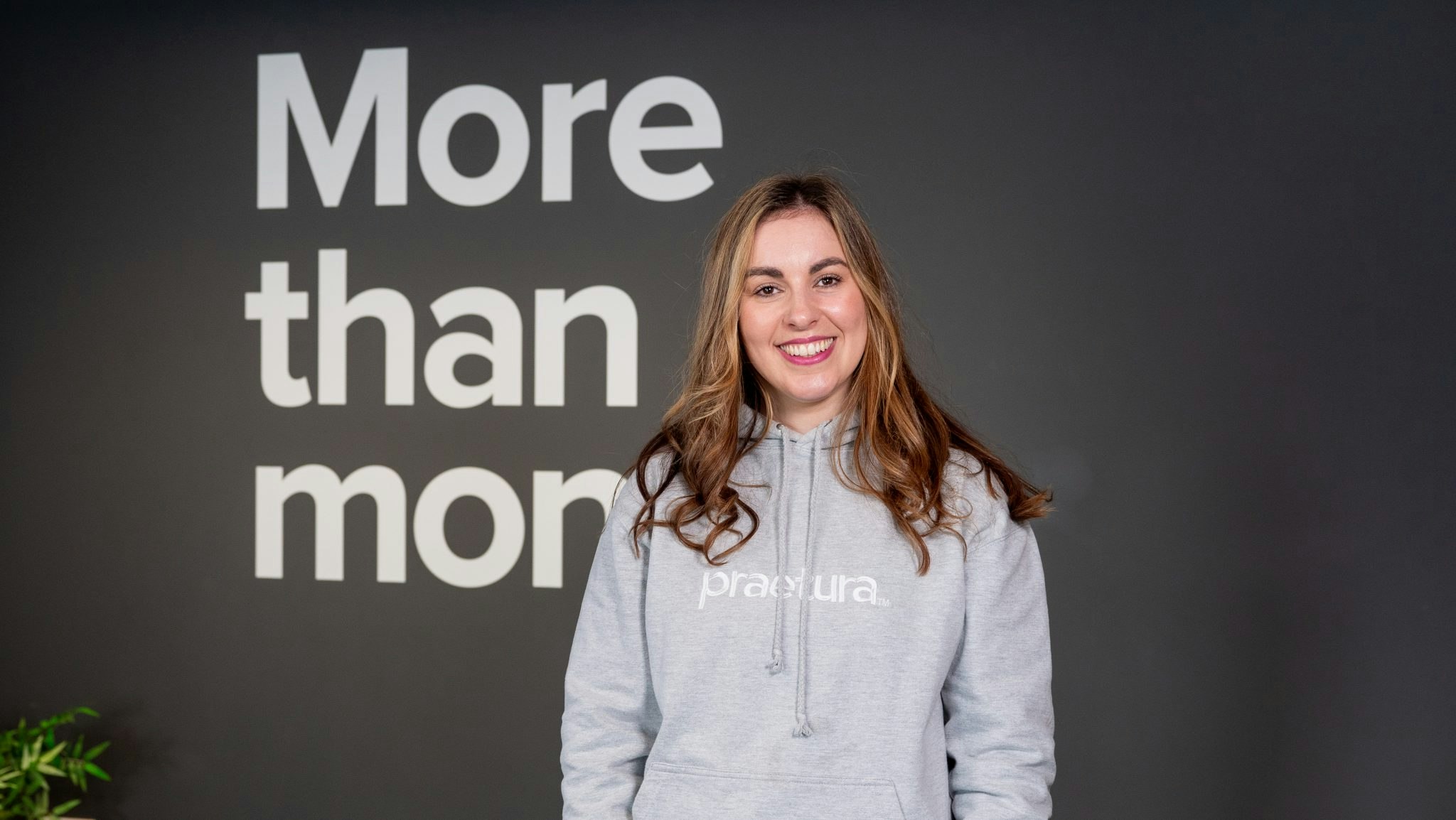Shared narratives are powerful. Narratives can be tailwinds for careers — but they can also close doors, sometimes to an entire gender.
That’s why I uncharacteristically took to social media last week to react to the idea, expressed by one male VC partner, that training up someone in venture is a “tax”. His firm has no female partners, and when asked why, he said: “It's really hard; there are not that many.”
I disagree: there are legions of future female Midas investors in our ranks today — and all they need is mentorship and support from today’s men and women leaders to get there.
Good mentorship does not ‘just happen’; it is often about providing the right structure and framework within which it can develop.
At my firm, Dawn, we are a relatively small team of 14 investors (of which half are women).
But from the very early days when we were half that size, my partners Josh and Mina worked on a career progression matrix for our entire team. The goal of it is simple — at every stage of their career, every investor on the team should know ‘what it takes’ to level up.
We’re not overly prescriptive but aim to set up two formal touchpoints a year, as an opportunity for everyone to reflect on their journey to date. Every person also has at least one mentor with more years of experience to help them work through feedback and their personal goals for the year, however big or small, on an ongoing basis.
This setup is more common in larger organisations — and some might consider it a time suck — but we felt it was important for us to offer similar structure and support while maintaining a high-performance culture.
And it’s paid off: outside of the two founders of Dawn, every partner in the firm has been promoted internally. This has also resulted in a majority female investment committee.
Venture is an apprenticeship job. With long feedback cycles, imperfect information and the importance of interpersonal skills, learning the craft means doing it alongside someone else.
Every phenomenal investor starts somewhere, and we have to offer younger investors opportunities to learn and shine.
At Dawn, we take a ‘flat hierarchy’ approach. We have an open-plan set-up at our HQ with no one shut in their own ‘office’. Our investment committee is open to every investor and we talk openly about the challenges and opportunities we face.
We also double up on boards, so that junior investors quickly get first-hand experience of what happens once you are on the other side of an investment — arguably the most important part of our job.
Stride VC partner Fred Destin outlined the benefits to embracing this apprenticeship-style culture perfectly in a Medium post that has stuck with me over many years. He argued that founders' belief that they have to talk directly to partners is a destructive myth, as the best deals often come in through investors given a voice and freedom to find great leads. Fred shared the story of when Luciana Lixandru, now a general partner at Sequoia, was an associate at Accel who came across Deliveroo's pitch deck. Luciana fiercely advocated for founder Will Shu and got him into the right room at the right time. The rest is history.
Mentorship of female investors is not just about women mentoring women. Part of finding your voice and your leadership style includes drawing on a diverse range of mentors.
Finding your way as a woman in the industry can be hard, but I strive to be celebrated for my professional success and not my gender.
I want to double down on my ‘superpowers’ and grow my awareness of my blind spots. That means I don't want to be the only woman in the room, but I also don't want to be in a women-only space either. Navigating that challenge means leaning on female and male mentors alike, whether it is within your firm or outside of it. I had the privilege of both in my career and I’m grateful for all the time that Accel’s Sonali de Rycker and Upfront Ventures’ Mark Suster have given and continue to give to me. But I’m also grateful to my three male fellow GPs — Haakon, Norman and Josh — whose continued support helps me grow as an investor and an individual.
And sometimes, it’s about the ‘small’ things that make a big difference. When I joined Dawn, we were a very small team with a startup culture, with everyone chipping in on every task, from the strategic to the menial. One such task would be making coffee for the guests in our office. I’d often jump up and make the drinks. One day, my now-fellow general partner Norman took me aside and explained his concern that doing so would wrongly portray me as more junior to founders and peers. From now on, he said, he would make the coffee; with every little act, he wanted to prop me up, not put me down. And for the months that followed, until we were in a bigger space — he did. It was a ‘small’ thing but it certainly helped me change the narrative in a very big way, at least in my head.
There’s no question that technology is the future. And we cannot allow that future to be homogenous. As Emily Chang put it in Brotopia: “From its earliest days, industry has self-selected for men: first, antisocial nerds, then, decades later, self-confident and risk-taking bros.”
Diversity has to come in all shapes and sizes; it’s not just about gender. To change that status quo, we have to change the narrative. So let us start with mentorship so that we can stand on the shoulders of giants. Developing promising talent is not a tax. It’s a privilege and — if you give it a go — you’ll find it a joy too.



